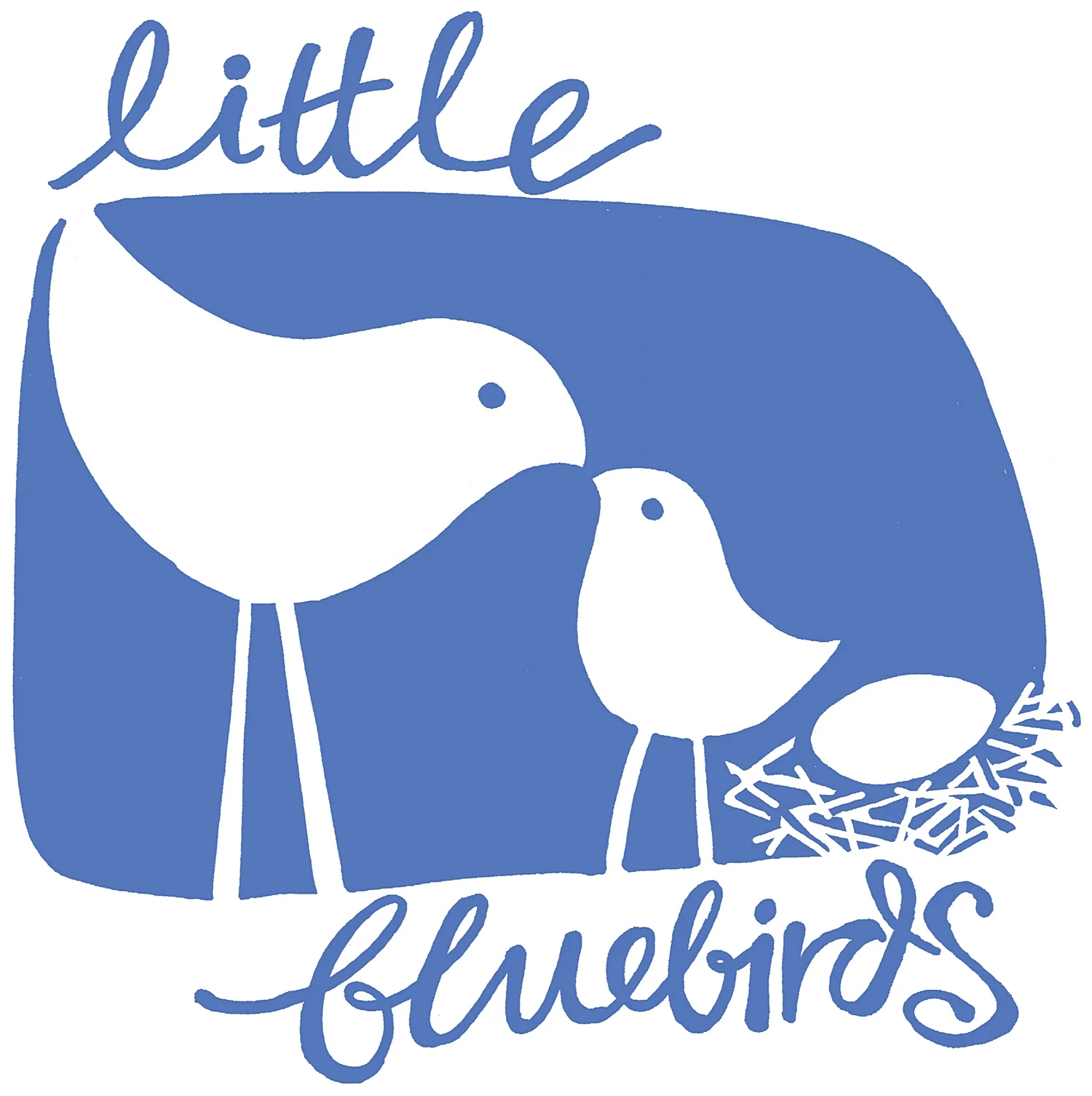Five simple steps to making the most of playtime
As parents and carers, we all want our children to reach their full potential. We want our children to learn, grow and be happy.
But how do we end up with well-adjusted adults ready to face the world head on? Well, I don’t have all the answers but I can tell you that our early life experiences are the foundations for future learning…. and we are our children’s most influential teachers!
Supporting Learning
As I said in a previous post, I’m not big on scheduling large amounts of time for learning and skill development. It’s unnecessary pressure for parents and carers. So, what’s the alternative? Incidental learning! Incidental learning refers to learning that occurs in everyday situations. For instance, getting your little helper involved in daily tasks is a great incidental learning opportunity. Something such as sorting the washing which involves maths concepts (matching socks - big and small, colours), communication, fine and gross motor skills.
Even if it’s for a short amount of time, one of the most important things you can do with your child is to play together. The time you spend playing together gives your child lots of different ways and opportunities to learn.
The Importance of Play!
Play was often considered something kids did alone to entertain themselves. Now we know that play is more than just fun – it promotes brain development and it is actually how children learn best!
For children, play is an opportunity to learn about caring for others and the environment, builds confidence, and is central to building strong and healthy relationships. Think about the connection you feel with your child when you face each other and sing row, row row your boat. Or when they play make believe with their friends and family. These simple interactions are fostering their relationship growth.
Deklofenak / Istock.com
Making the Most of Playtime
1. Follow your child’s lead
Let your child choose the game/activity. Your child feels valued, gains confidence that her interests are important and learns that you’re there if she needs you when she explores the world.
2. Take your time
Try not to think about all the things you “need” to be doing. You’ll show your child he’s valued if you stop and take an interest in things that fascinate him.
3. Get close
Sit on the floor, kneel in the grass, or squat beside your child’s chair. Face your child and make eye contact. SMILE! Your body language communicates your interest and builds confidence and trust.
4. Watch your child
If you observe what your child says and does, you’ll see new skills and areas of interest as they emerge. Use their interests to build your child’s confidence and help him explore the world.
5. Comment on what your child is doing
Describing what your child is doing shows that you’re paying attention and are interested. For example, ‘That’s an interesting bug you’re looking at’. You build the relationship and her trust and confidence simply by giving attention.
(Information adapted from the Raising Children website)
Baby Chick
Creative Play Ideas
Old milk containers, wooden spoons, empty pot plant containers, sticks, scrunched-up paper, plastic buckets, saucepans and old clothes are great for imaginative, unstructured play.
Favourite music or pots and pans are great for a dance concert or to make up music.
Create an obstacle course. Use a garden hose, rope, or chalk to mark an interesting path for your child to follow. Add challenges to the path to increase physical skills e.g., a small plastic hoop to jump over or box to crawl through
About the Authors
Trish is a 3rd year occupational therapy student who has over 15 years of experience working with children and families. She also has 3 beautiful boys aged 16, 12 and 7.
Sarah is a 3rd year occupational student who loves to play music and spend time with her younger cousins.







